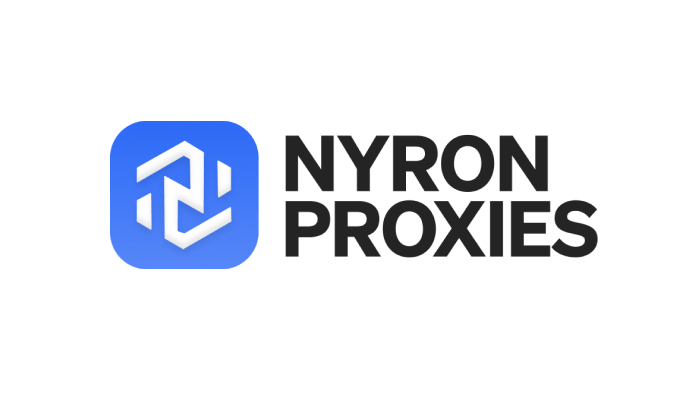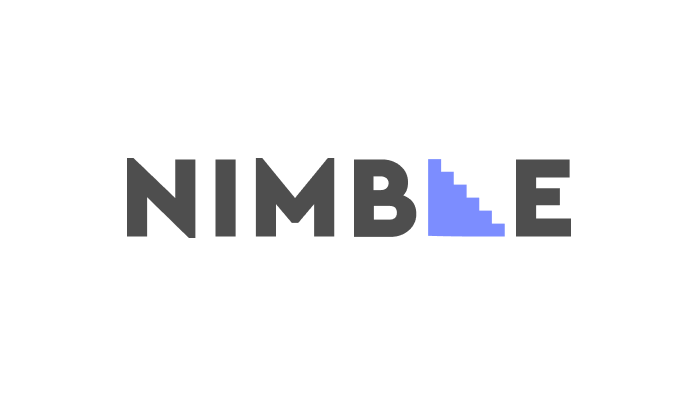Find the Right Types of Proxy for Your Needs, from HTTP Proxies and HTTPS Proxies to SOCKS Proxies and More. Learn about the benefits of each proxy type, such as bypassing geo-restrictions, increasing anonymity, and improving connection speeds. Find the best proxy providers for each type from our curated list and optimize your browsing experience today.
Frequently Asked Questions
about Types of proxy
There are primarily five types of proxies. These include Forward Proxy, Reverse Proxy, Open Proxy, Transparent Proxy, and High Anonymity Proxy.
The “best” type of proxy can vary based on your specific needs. However, High Anonymity Proxies are often considered the best due to their ability to provide the highest level of privacy and security. They do not reveal your IP address and make online tracking extremely difficult.
The three most common types of proxies are:
- Forward Proxy: Acts as an intermediary for requests from clients seeking resources from other servers.
- Reverse Proxy: Represents the interests of a server to a network, routing client requests to the appropriate backend server.
- Open Proxy: Available to any internet user and often used to anonymize web browsing to bypass restrictions.
The safest proxy type is typically a High Anonymity Proxy. These proxies do not reveal your IP address, making it extremely difficult for anyone to track your online activities.
The most common type of proxy server is the Forward Proxy. It is commonly used in both personal and business contexts to provide anonymity, bypass internet restrictions, and reduce load times and bandwidth usage.
An example of a proxy server is the Squid proxy. Squid is a popular, open-source forward proxy server and web cache daemon. It is widely used for its caching capabilities, which can speed up web browsing, reduce bandwidth usage, and improve response times by caching and reusing frequently-requested web pages. Squid also supports a variety of protocols such as HTTP, HTTPS, FTP, and more, and it can impose access controls to maintain security.

























